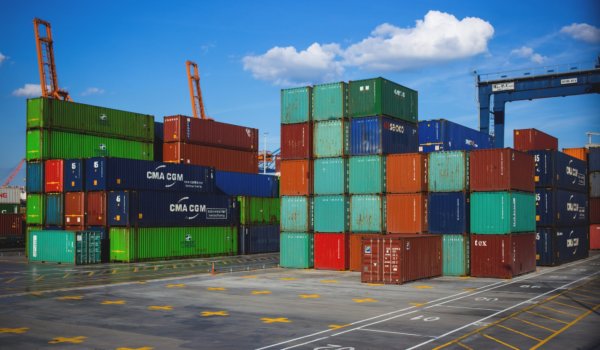Levelling up the UK regional economies is a policy commitment of the current UK Government. What could ‘levelling up’ mean in practice as the term has been widely used without proper definition or quantification of what is involved. Let’s explore a few key themes:
- Connectivity: I get that the North of the UK has been under invested for years and the provisional approval of HS2 is a step in the right direction. But many Northern politicians are more exercised about poor East-West connectivity rather than North South and the spending commitments are silent in that respect. Regional air links are highly dependent on Flybe which came close to the brink of collapse last Autumn, which is not so reassuring. Something close to 80% of flights into Belfast’s George Best City Airport to UK are operated by Flybe. It’s clear that improving Northern and regional connectivity will need subsidy as routes are barely viable for commercial operators. This will necessitate a whole new approach to national franchises.
- Investment and Trade: London and South East accounts for 46.5% of FDI successes and 26% of UK export activity which certainly feels unbalanced. The Port of Dover is already maxed out of capacity, even before we understand our new trading arrangements with the EU and the demands they will place on Port infrastructure. On the upside there is evidence that investors from the Nordics are very comfortable in the North East and Scotland while Irish Investors favour the Midlands and North West. US technology firms love Ireland and Northern Ireland is a close cousin. Is there a gravity model in FDI and should we target markets that are more naturally biased to our regions?
- Industrial Strategy: The 4 pillars of IS focus on Mobility, Green Growth, AI and Aging health are technology intensive ambitions which are likely to focus on the South East where there is a concentration of technology, infrastructure, funding and skills. And yet labour intensive, but highly valuable traditional industries like food and drink, construction materials and manufacturing are more evenly distributed nationally in the more competitive regions – what is the strategy to support and enhance these industries?
- The future of work: Much has been written about our digitally enabled future where homeworking, co-working and remote working will reduce commuting, improve the lives of parents, and raise productivity. However, if you work in a food processing factory, or car assembly plant, probably in one of our regions, it is unlikely that these opportunities will be relevant. Again, the benefits will likely accrue to those in London and major cities.
It has taken more than 30 years of laissez faire economic policies, with a focus on finance and services to arrive at a point where London and the South East account for almost 40% of national GDP. It is likely to take long term, properly funded and highly targeted interventionalist policies and tools to reverse this trend over the next decade. And a large measure of patience, belief and courage.



